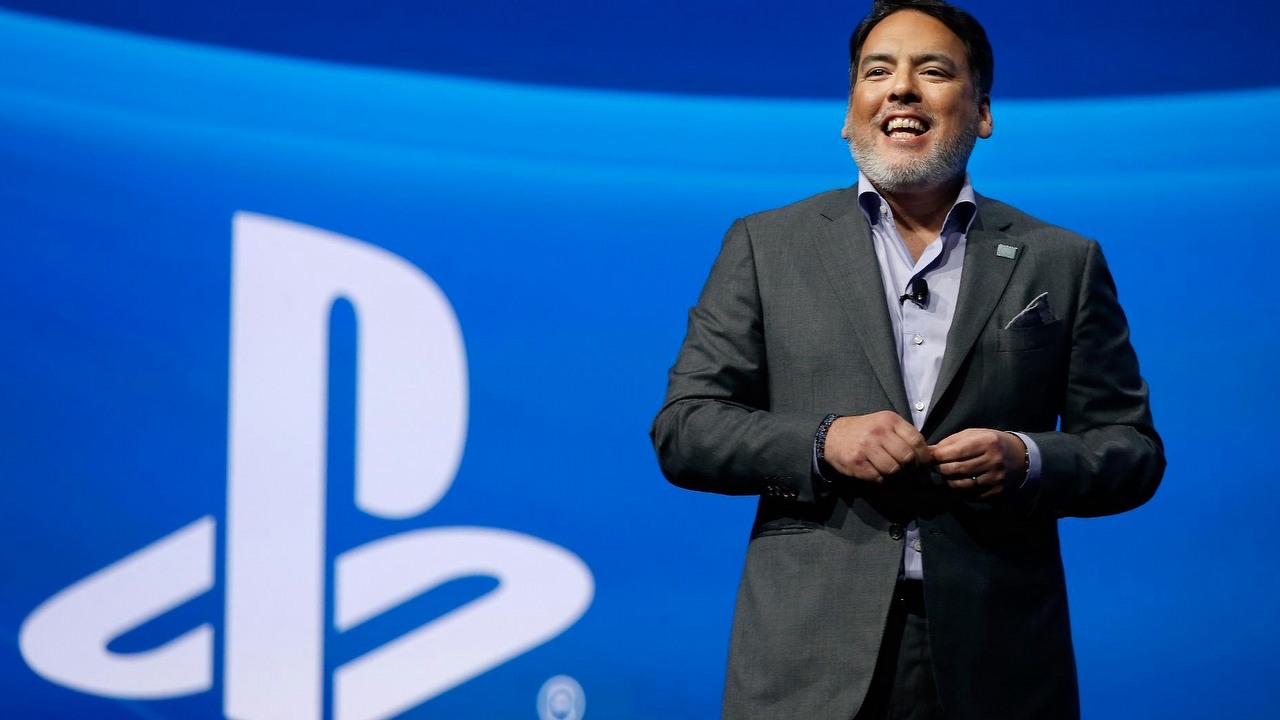SIE Worldwide Studios Ex-CEO: Industry Consolidation is Killing Game Diversity
Shawn Layden, formerly one of the key figures in the decision-making process for Sony Interactive Entertainment, expressed his concern over the recent consolidation in the digital entertainment industry. According to Layden, the merger of development studios and major companies is a threat to game diversity and will hinder the further growth of interest in gaming platforms.

Shawn Layden has been with Sony since 1987, his roles at the company including CEO of Sony Interactive Entertainment Worldwide Studios and Sony Computer Interacitve Amercia. Although he left the company in 2019, he continues to speak on industry topics, and, due to his experience, is still listened to by many people. In a recent interview with gamesindustry.biz Layden gave his opinion on the direction in which digital entertainment is heading. First of all he referred to the dynamic consolidation of publishers and development studios visible in the last few years, the symptom of which is for example Microsoft's purchase of Bethesda. According to Layden this is a potentially destructive phenomenon.
"With each console generation, the cost of games goes up 2x. So PS4 games were $100 to $150m, so it stands to reason that PS5 games -- when they hit their stride -- will be in excess of $200m. It's going to be very difficult for more than a handful of large players to compete in that space. During that time we have also seen more consolidation. Consolidation is the enemy of diversity in some ways. It takes a lot of playing pieces off the table as they grow into these larger conglomerates. And again, we end up with this problem with diversity."
Layden emphasizes that the consolidated industry, expecting constantly growing profits, is doomed to produce endless sequels and reboots, which belong to several most popular genres. In such an environment, innovative or unique productions such as his favorites, Parappa the Rapper and Vib-Ribbon, will never be made. He also states that although the global revenues of music producers and performers are several times lower, they have an incomparably greater impact on pop culture than games. Further homogenization of digital entertainment will certainly not improve this situation.
The former head of SIE America obviously realizes that consoles and PC are just a slice of the industry, but for him mobile gaming is a separate category. The interest in mobile gaming rarely encourages people to reach for titles on traditional hardware platforms.
Layden sees the indie segment as a hotbed of diversity, but it remains extremely limited by finances. It's extremely difficult for indie developers to find enough funding to support budgets for more ambitious games. In order to gain a stable source of funding, they are forced to seek help from publishers who impose restrictions and direction that enable them to compete with big AAA productions. Many developers in such a situation count on success and eventual absorption by a giant such as Microsoft.
According to Layden, we are now on the threshold of another era in gaming history, definitively leaving behind the previous one, which lasted for the last 25-30 years. Many entities are therefore looking for a new business model. For many, the future solution is subscription-based services such as Xbox Game Pass. However, the former head of Sony does not see a real chance for their financial success without a significant increase in interest in traditional console and PC games among people who have not yet had contact with this form of entertainment.
Shawn Layden doesn't understand the financial point of releasing the latest AAA game with a $120 million budget on a service where costing user $9.99 a month. According to him, in order to return the cost of such an investment, the service should have about 500 million subscribers, while the total number of users of all consoles on the market at the moment is only about 250 million people. Layden knows that at first the owners of Game Pass make a loss, but eventually the service will have to make some profit.
0
Latest News
- Huge Marvel Adventures mod now with new superheroes, including Sentry
- Butcher's Summit, an impressive free diselpunk FPS, has been released
- Free FPS on Half Life engine gets big update
- On February 3, gaming history could change forever. Red Dead Redemption 2 one step away from a major achievement
- This is not the RPG you expected. Crimson Desert abandons the key elements of the genre, going for original solutions

